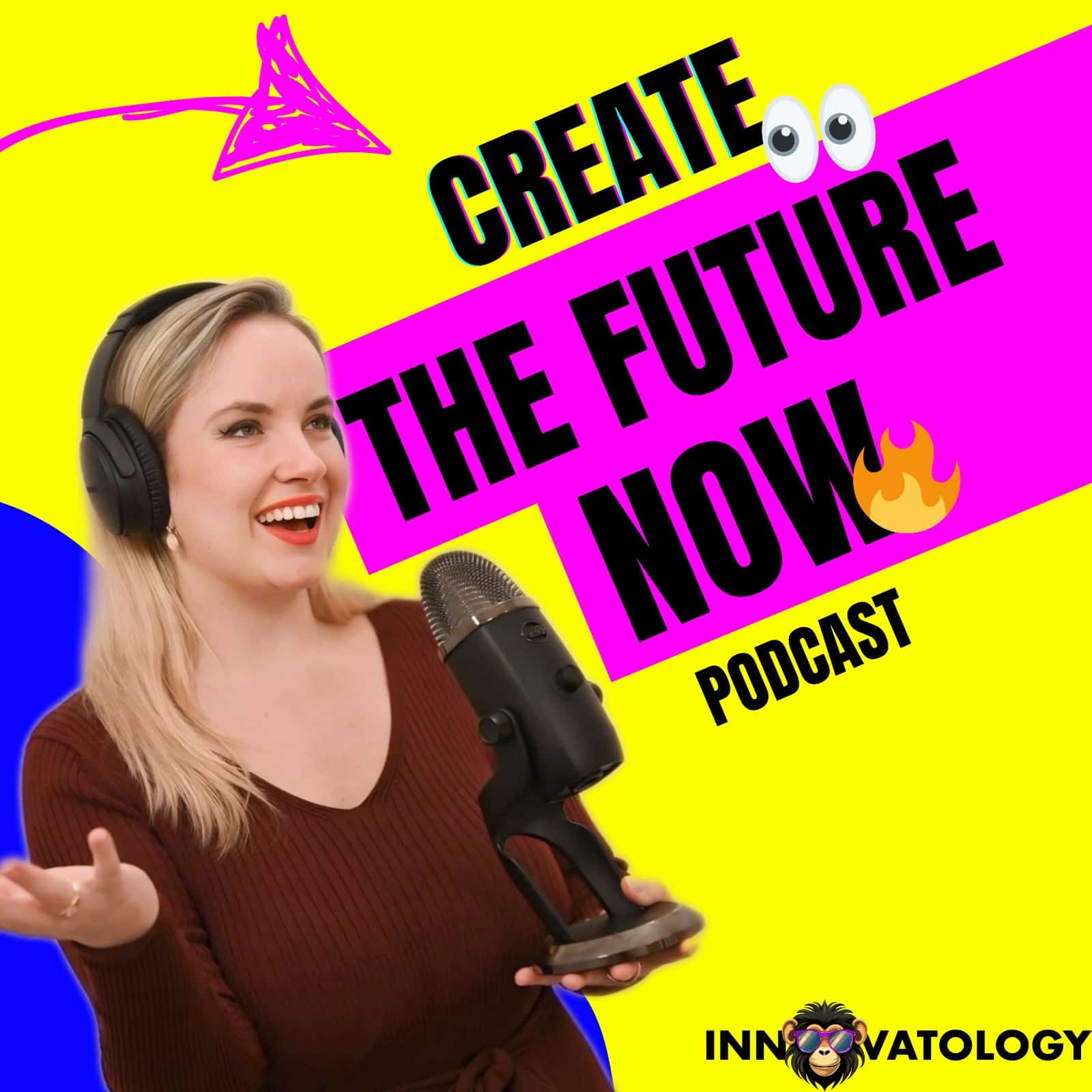In this exciting episode, we welcome Jack Shaw, a global expert on AI and artificial intelligence, with 40 years of experience advising Fortune 500 companies. Jack will share insights on the latest developments in AI, from OpenAI and ChatGPT to the future of artificial superintelligence. Discover how these technologies are reshaping industries and learn actionable strategies to help your organization stay ahead in this ever-evolving field. In this interactive session, where Jack will answer questions about AI, ChatGPT, and the role of artificial intelligence in transforming tomorrow’s business landscape. Whether you want to know how AI can be applied in your company or are curious about the broader implications of AI advancements, this episode is for you.
Transcript;
00:00:00
All right, so hello everyone and welcome to our episode of Innovatology. Innovatology is a one-stop shop to the latest tech and innovations. And what we try to do is to make your life much more efficient, either your personal or your professional life. Then, how we found out about Innovatology is that actually there are a lot of new digital technologies, such as, for example, artificial intelligence. And we actually discovered that people are scared of AI, that they don’t want to really use it. So then we launched Innovatology, where we are inviting really premier guests into our podcast. And we are asking them questions about really practical questions about how to make your lives much more efficient. And today we have a really interesting discussion about AI horizons, strategies and tactics for transforming tomorrow.
00:00:55
And we will be speaking with Jack Shaw. Hi, Jack. How are you? I’m just fine today. How are you, Marie? I am fine. Thank you. Can you please introduce yourself to our audience? Oh, absolutely. I’m happy to do that. I’ve had the good fortune to spend most of my career working at whatever has been the leading edge of technology. I originally got started in the software business back in the 90s, and most people thought software meant ladies’ sweaters and scarves. And I had to explain to them that it wasn’t even spelled the same way. Now, of course, everybody understands what software is. And it’s interesting because watching wave after wave of new technology over the past several decades, you see that there are certain patterns that repeat.






